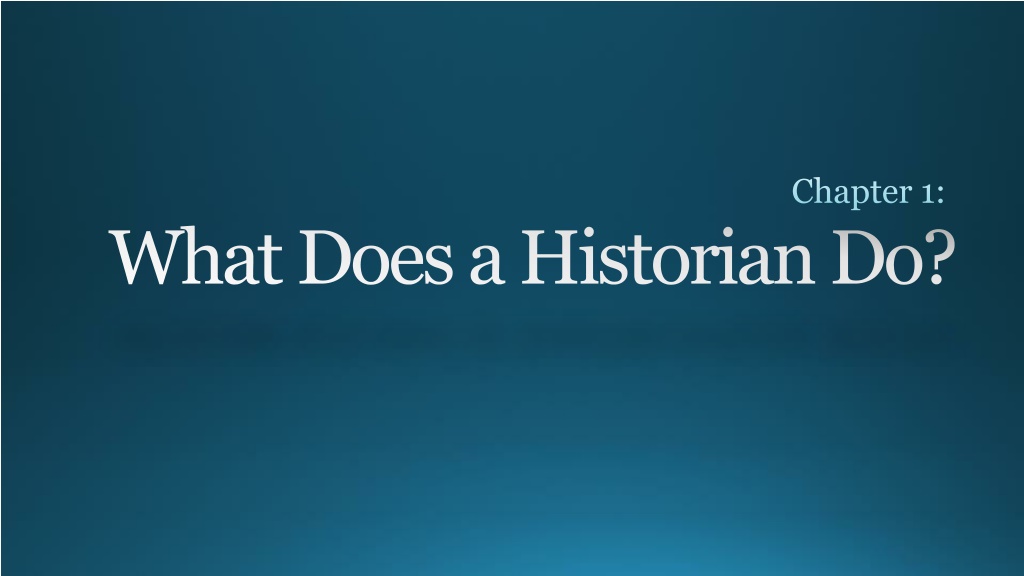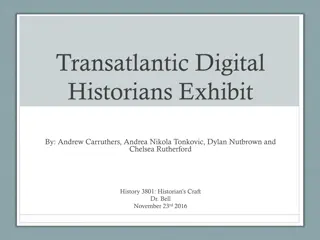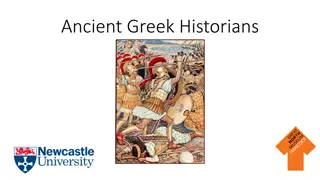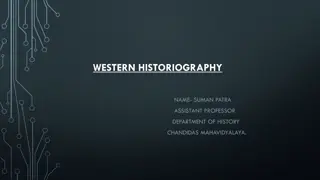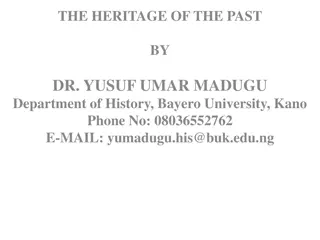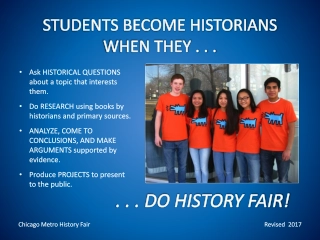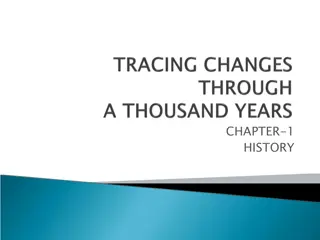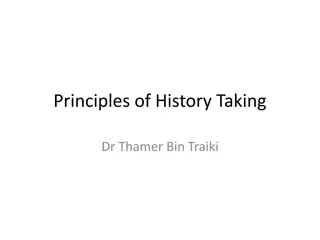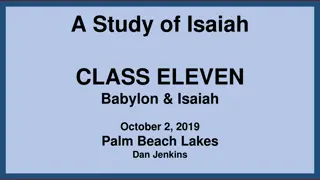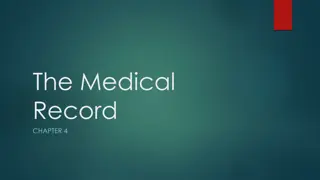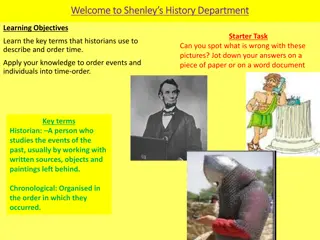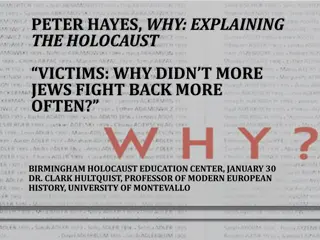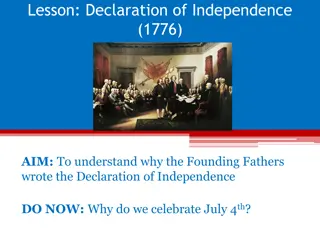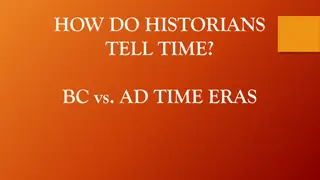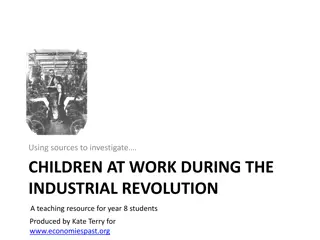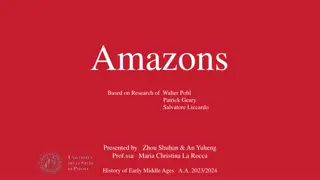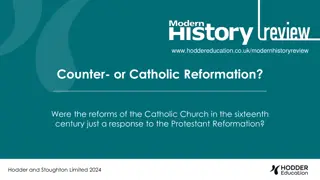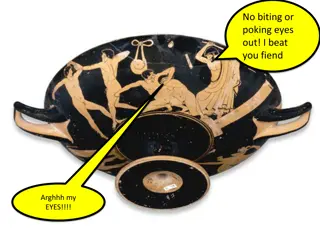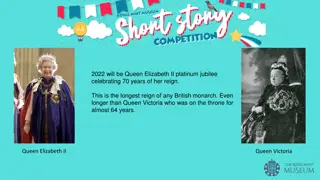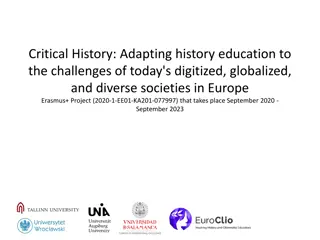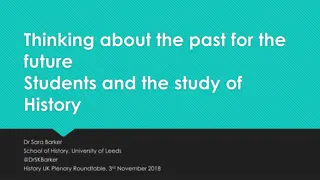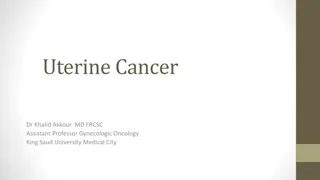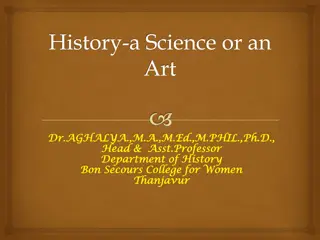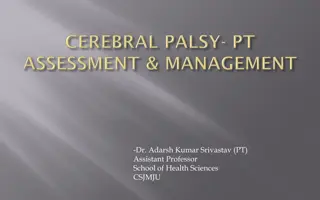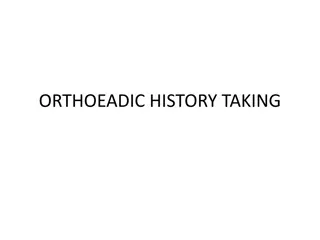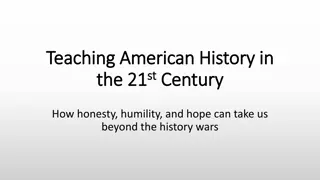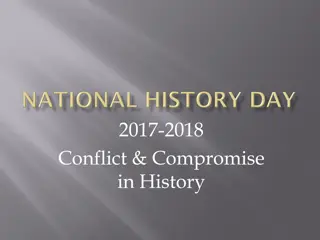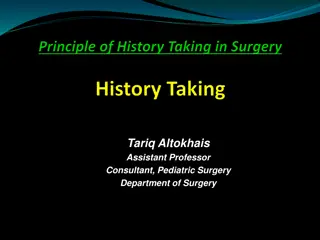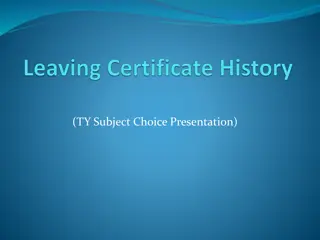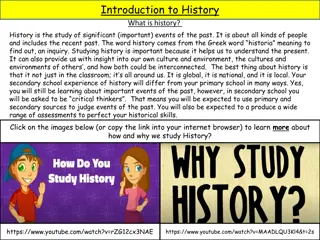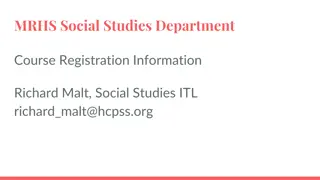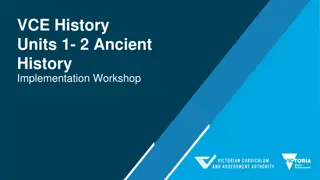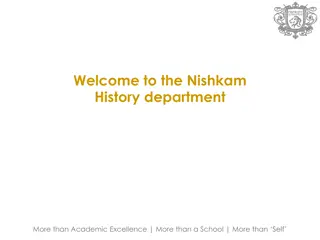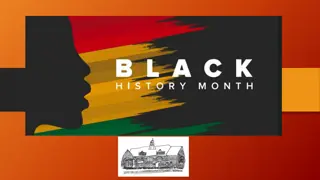The Importance of Understanding History: What Historians Do
History is the study of the past to comprehend the present and make informed decisions for the future. Historians analyze causes, measure time, divide history into periods, and track events using different calendars. The evolution from the Julian to the Gregorian calendar is explored, along with the dating conventions used by historians. Understanding history is essential for grasping societal changes and continuities, allowing us to navigate the complexities of contemporary life.
Download Presentation

Please find below an Image/Link to download the presentation.
The content on the website is provided AS IS for your information and personal use only. It may not be sold, licensed, or shared on other websites without obtaining consent from the author. Download presentation by click this link. If you encounter any issues during the download, it is possible that the publisher has removed the file from their server.
E N D
Presentation Transcript
Chapter 1: What Does a Historian Do?
What is History? I. Why Study History? A. History is the study of the people and events of the past. History considers both the way things change and the way things stay the same . B. Historians are people who study history. Their job is to examine the causes, or reasons, that something happened in the past. C. Learning about the past allows us to understand the present better. What we learn from history helps us to make decisions about the future.
Measuring Time In order to study the past, and to identify/describe when something happened, historians measure and label time in different ways.
Periods of History 1. An example of measuring time involves grouping a certain number of years. A group of 10 years is called a decade , 100 years is called a century and 1,000 years is called a millennium . 2. Historians also measure the past by dividing time into larger blocks, or eras. For example, prehistory is the era before people developed writing. Other eras include Ancient History, the Middle Ages and Modern History.
Calendars B. Calendars 1. A calendar is a system for arranging days in order . Throughout the world, cultures have developed about 40 different calendars, some of which are based on nature. C. Julian Calendar 1. Today, we use a calendar that is based on a calendar developed by Julius Caesar known as the Julian calendar. 2. This calendar starting counting years at the founding of Rome, had 365 days in a year, and had leap years. 3. The one problem with the Julian calendar was that it was not precisely right. It was losing time.
Calendars D. Gregorian Calendar 1. In A.D. 1582, Pope Gregory XIII decided to create a new calendar that started counting from the birth of Jesus. 2. Although the Gregorian calendar includes leap years, unlike the Julian calendar, no century year will be a leap year unless it is divisible by 400. Therefore, it will take thousands of years before another day is lost. 3. It took more than three centuries for the calendar to be recognized around the world. Today, most of the world uses the Gregorian calendar. 4. Like the Gregorian calendar, other calendars are also based on events of religious importance including the Hebrew, or Jewish, calendar.
Dating Events 1. In The Gregorian calendar, the years before the birth of Jesus are known as B.C. or before Christ . The years after are called A.D. or anno domini . 2. To date events before the birth of Jesus, historians count backwards from A.D.1. There is no year 0 . (zero) 3. To avoid a religious reference in dating, many historians prefer to use the initials B.C.E. and C.E. These stand for Before the Common Era and Common Era . These initials do NOT change the numbering of the years.
Time Lines F. Using Time Lines 1. A time line shows the order of events with a period of time while showing the amount of time between events. 2. Most timelines are divided into even sections of time and are placed on the time line at the date when the event occurred. 3. Time lines help historians to make sense of the flow of events.
Digging Up the Past After the invention of writing, people have recorded important events, giving historians a window to the past. However, when trying to understand prehistory, the time before writing, students must find a different window.
History and Science 1.Archaeology is the study of the past by looking at what people left behind. They dig to find places where people once lived and often discover artifacts objects made by people such as tools, pottery, weapons and jewelry. 2. Paleontology is the study of fossils to learn about what the world was like long ago. Fossils are remains of plant and animal life that have been preserved. 3. Anthropology is the study of human culture and how it develops over time. Studying artifacts and fossils, anthropologists seek clues about what people valued and believed .
Human Discoveries 1. In 1974, a team of scientists found a partial skeleton of a human ancestor who lived more than 3.2 million years ago. 2. A species is a class of individuals with similar physical characteristics. All modern human beings belong to the Homo sapiens species. Latin for wise man , Homo sapiens are thought to have developed about 150,000 to 195,000 years ago!
